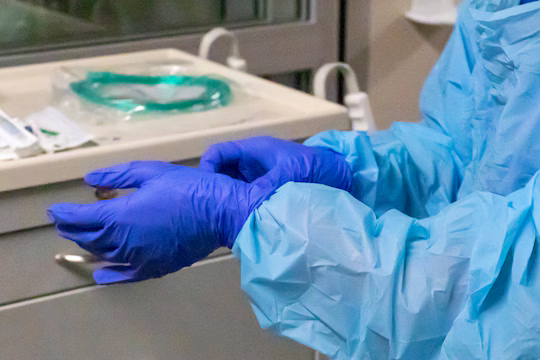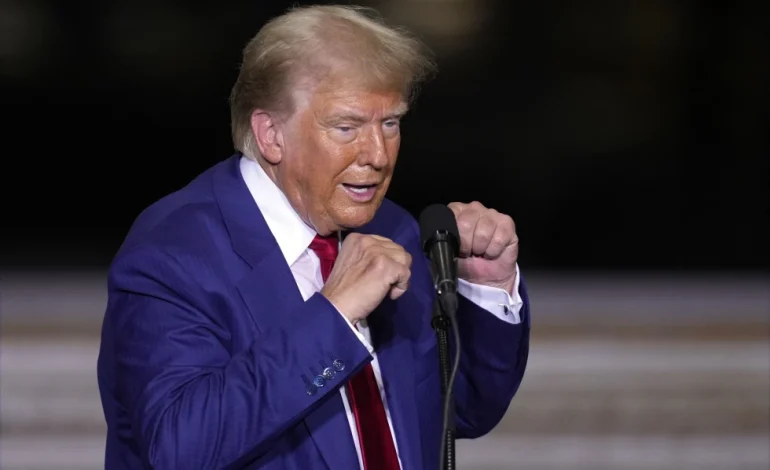Former President Donald Trump has formally requested that a federal court intervene in his ongoing New York criminal case, aiming to overturn his conviction and delay the scheduled sentencing.
Trump’s legal team filed the request late Thursday, arguing that his prosecution violated constitutional rights and clashed with a recent Supreme Court ruling on presidential immunity.
Trump’s lawyers are pushing for the case to be moved from state to federal court, asserting that the former president was subjected to bias and conflicts of interest during the state trial. They argue that a federal court would provide a more impartial setting, free from local political pressures, allowing Trump to effectively challenge the conviction.
Convicted in May on 34 felony counts for falsifying business records related to a $130,000 hush money payment to adult film actress Stormy Daniels, Trump has consistently maintained that the charges were politically motivated. His legal team contends that the timing of the sentencing, scheduled for September 18—just weeks before the 2024 presidential election—will unfairly influence the outcome of the election by potentially incarcerating the leading Republican candidate.
Central to Trump’s legal argument is a recent Supreme Court ruling that limits prosecutions of former presidents for actions taken while in office. Trump’s lawyers claim that evidence presented during his trial, which included testimony about his reactions to media coverage and social media posts, improperly influenced the verdict and should have been excluded under the new legal standards.
The federal court’s decision on whether to take over the case is expected soon, with significant implications not only for Trump’s legal future but also for the broader political landscape as the 2024 election approaches. If Trump’s team is successful in moving the case to federal court, they intend to seek dismissal of the charges based on presidential immunity. Even if the case remains in state court, the ongoing legal battles may delay sentencing, giving Trump a crucial reprieve during the final stretch of his campaign.
With input from the Associated Press, Axios and USA Today.









